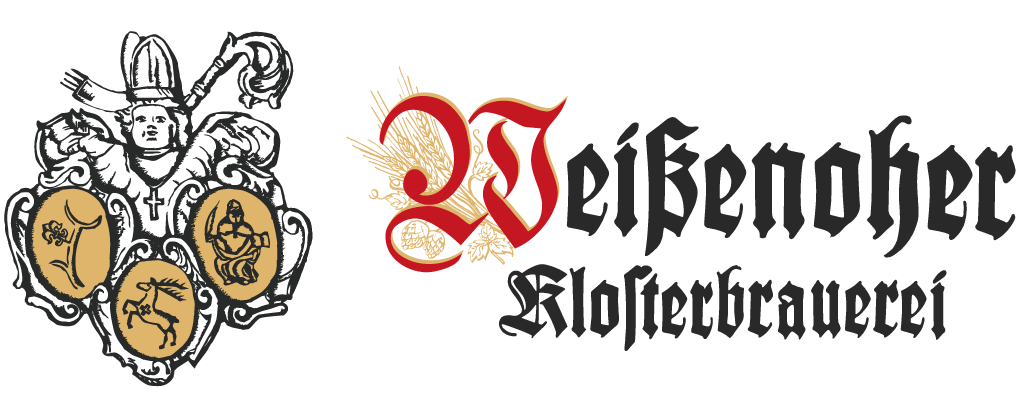
Monastic brewing tradition obliges …
… Ideally only for quality
Weißenohe is located in a rural area. When the monastery was founded in 1109 and construction began, this was intentional, as monasteries were built in places where they could produce their own food.
Today, we are happy to be located in such a rural area, because we are in the fortunate position that the raw materials for our beer are actually grown in our immediate neighborhood. So hops and malt are not yet lost in our area!
In Lilling and Herpersdorf, hop farmers cultivate the “Hersbrucker”, a hop specialty that gives the Weißenoher beer specialties their elegant tartness.
A large proportion of our malting barley also comes from the Jura hills in our region. Even in monastic times, they were used to grow malting barley, as the lean soils result in barley that is very low in protein and therefore of excellent quality, which is then processed into brewing malt in local malt houses.
And we still obtain our brewing water from the natural springs of the Jura heights, which already supplied the monastery with drinking and brewing water. No beer needs more ingredients than these three: water, hops and malt. This was already stated in the Bavarian Purity Law of 1516.
We continuously propagate the fourth ingredient permitted under today’s purity law – yeast – in our own brewery. The monks didn’t know anything about this back then.
We build on the old monastery traditions, but we are also constantly developing our brewing skills. We are proud to continue brewing such good beers in the future.
Those who visit us experience one thing above all: personal closeness. This is true in the brewery – and especially in our restaurant. Outstanding beer qualities and the rustic, monastic ambience make every trip to us a very special experience. And with our monastery beers, you can take home a tasty and spicy part of our Franconian beer variety.


